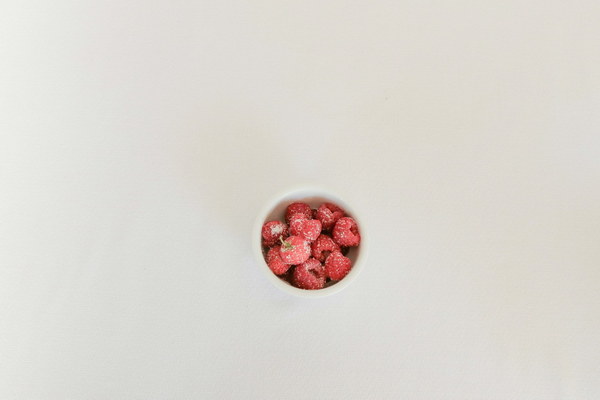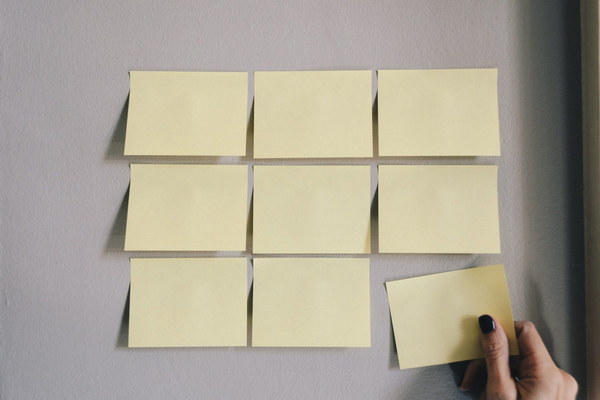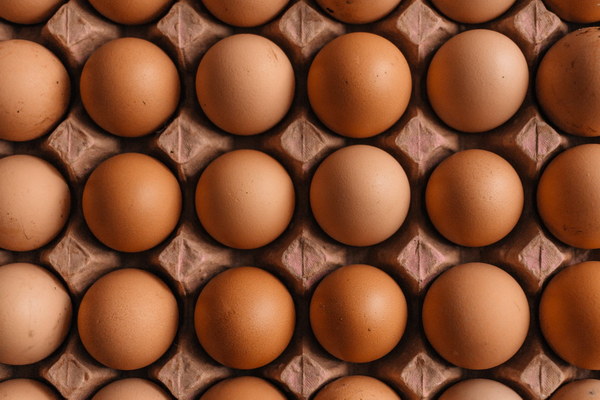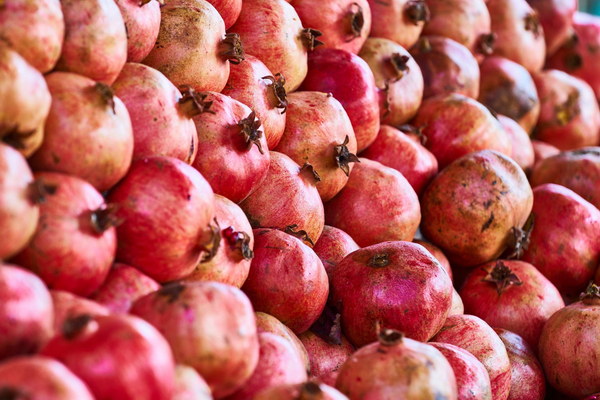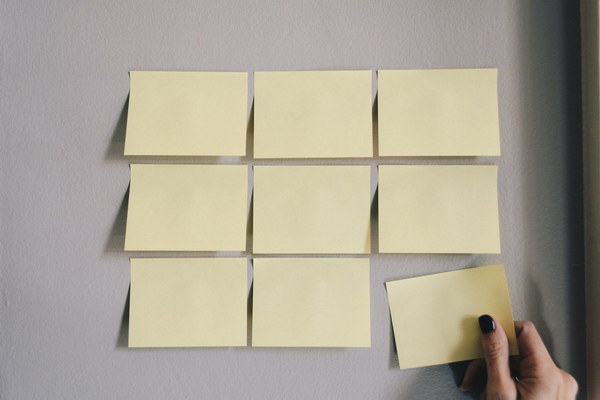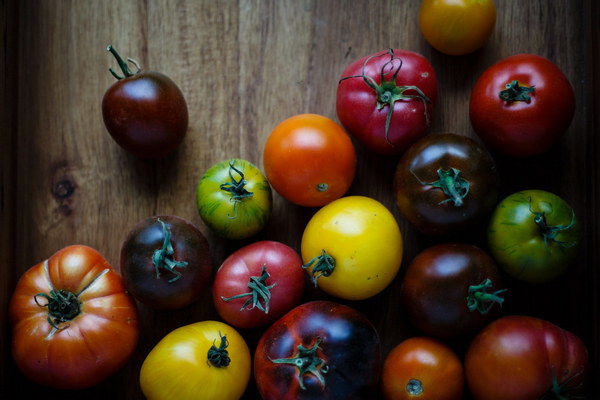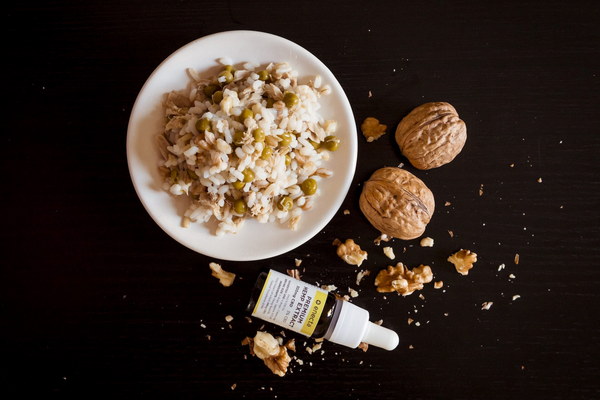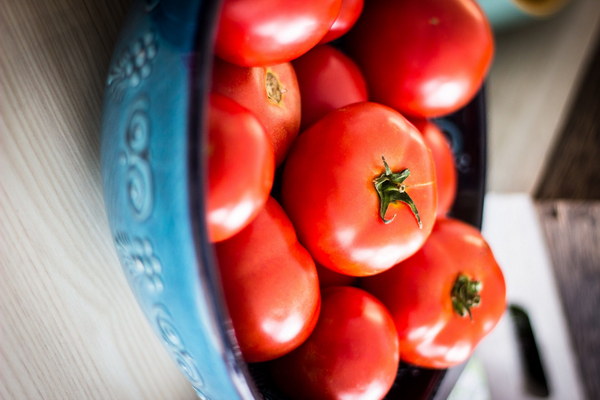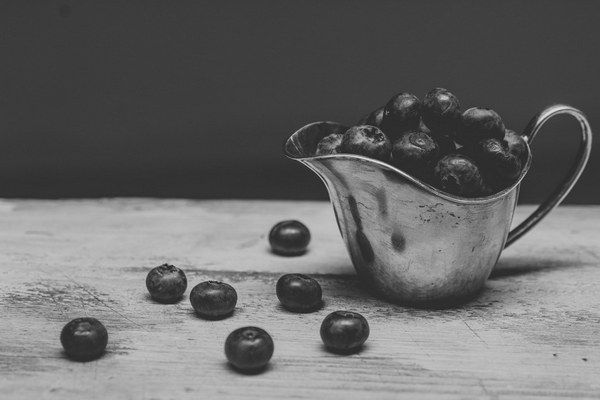Revitalize Your Body The Power of Herbs for Spleen and Qi Tonification Meridian Activation and Blood Nourishment
In the realm of traditional Chinese medicine, there exists a treasure trove of natural remedies that have been used for centuries to promote overall health and well-being. Among these remedies are herbal formulas designed to specifically target the spleen, nourish the Qi (vital energy), activate the meridians, and replenish the blood. These herbs not only support the body's internal systems but also enhance physical strength and vitality. Let's delve into the world of these powerful herbal remedies.
Understanding the Spleen and Qi
The spleen in traditional Chinese medicine is an organ with a vital role in digestion, absorption, and the production of blood. It is also closely associated with the immune system and mental health. Qi, on the other hand, is the vital energy that flows through the body, maintaining all physiological functions and providing the energy needed for daily activities.
When the spleen and Qi are weak, a person may experience symptoms such as fatigue, poor appetite, weakness, and a general feeling of malaise. By tonifying the spleen and Qi, these herbal remedies aim to restore balance and vitality.
Herbs for Spleen and Qi Tonification
Several herbs are renowned for their ability to strengthen the spleen and boost Qi. Here are a few key ingredients often found in these formulas:
1. Astragalus (Astragalus membranaceus): Known as Huang Qi in Chinese, this herb is a staple in many tonifying formulas. It is believed to enhance the immune system, improve energy levels, and support overall health.
2. Codonopsis (Codonopsis pilosula): Also called Dang Shen, this herb is highly regarded for its ability to tonify the spleen and Qi, as well as to improve digestion and enhance mental clarity.
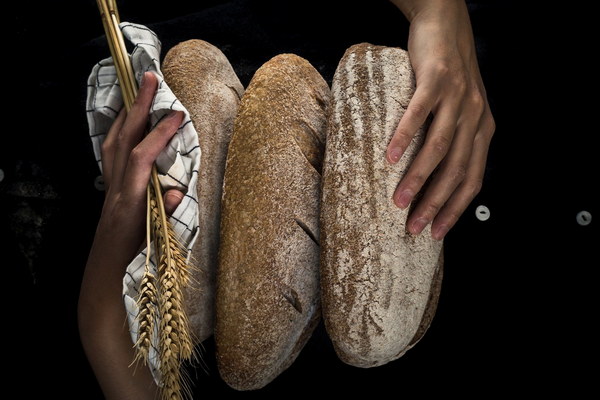
3. Ginseng (Panax ginseng): A well-known adaptogen, ginseng is believed to boost the immune system, improve cognitive function, and increase physical endurance.
Meridian Activation
Meridians are pathways through which Qi flows in the body, connecting organs and tissues and facilitating the exchange of energy and nutrients. Herbs that activate the meridians help to ensure that Qi moves freely throughout the body, preventing blockages and promoting health.
Some herbs commonly used for meridian activation include:
1. White Peony (Paeonia lactiflora): Known as Bai Shao in Chinese, white peony is used to activate the liver meridian and alleviate pain, particularly in the abdomen and chest.
2. Chinese Angelica (Angelica sinensis): Also called Dang Gui, this herb is used to invigorate the blood and activate the meridians, especially the liver and spleen meridians.
Blood Nourishment
The health of the blood is crucial for overall health, as it carries oxygen and nutrients to the body's tissues and organs. Herbs that nourish the blood help to alleviate anemia, improve circulation, and support the immune system.
Herbs often included in blood-nourishing formulas are:
1. Sichuan Pepper (Zanthoxylum piperitum): Known as Hu Jiao, this spice-like herb is used to warm the meridians and improve circulation, thereby nourishing the blood.
2. Licorice (Glycyrrhiza uralensis): Known as Gan Cao in Chinese, licorice is a versatile herb that helps to harmonize other ingredients in a formula and supports the overall nourishment of the blood.
Combining Herbs for a Holistic Approach
In traditional Chinese medicine, the combination of these herbs is key to achieving a holistic approach to health. Formulas are often tailored to the individual's specific constitution and symptoms, ensuring that the treatment is both effective and gentle.
For example, a formula designed to tonify the spleen and Qi might include Astragalus, Codonopsis, and Ginseng, while a formula aimed at blood nourishment and meridian activation might incorporate White Peony, Chinese Angelica, and Sichuan Pepper.
Conclusion
The use of herbal remedies for spleen and Qi tonification, meridian activation, and blood nourishment offers a natural and effective way to support overall health and vitality. By understanding the properties and functions of these herbs, individuals can make informed choices about their health and well-being. As always, it is advisable to consult with a qualified healthcare provider before beginning any new treatment regimen.
